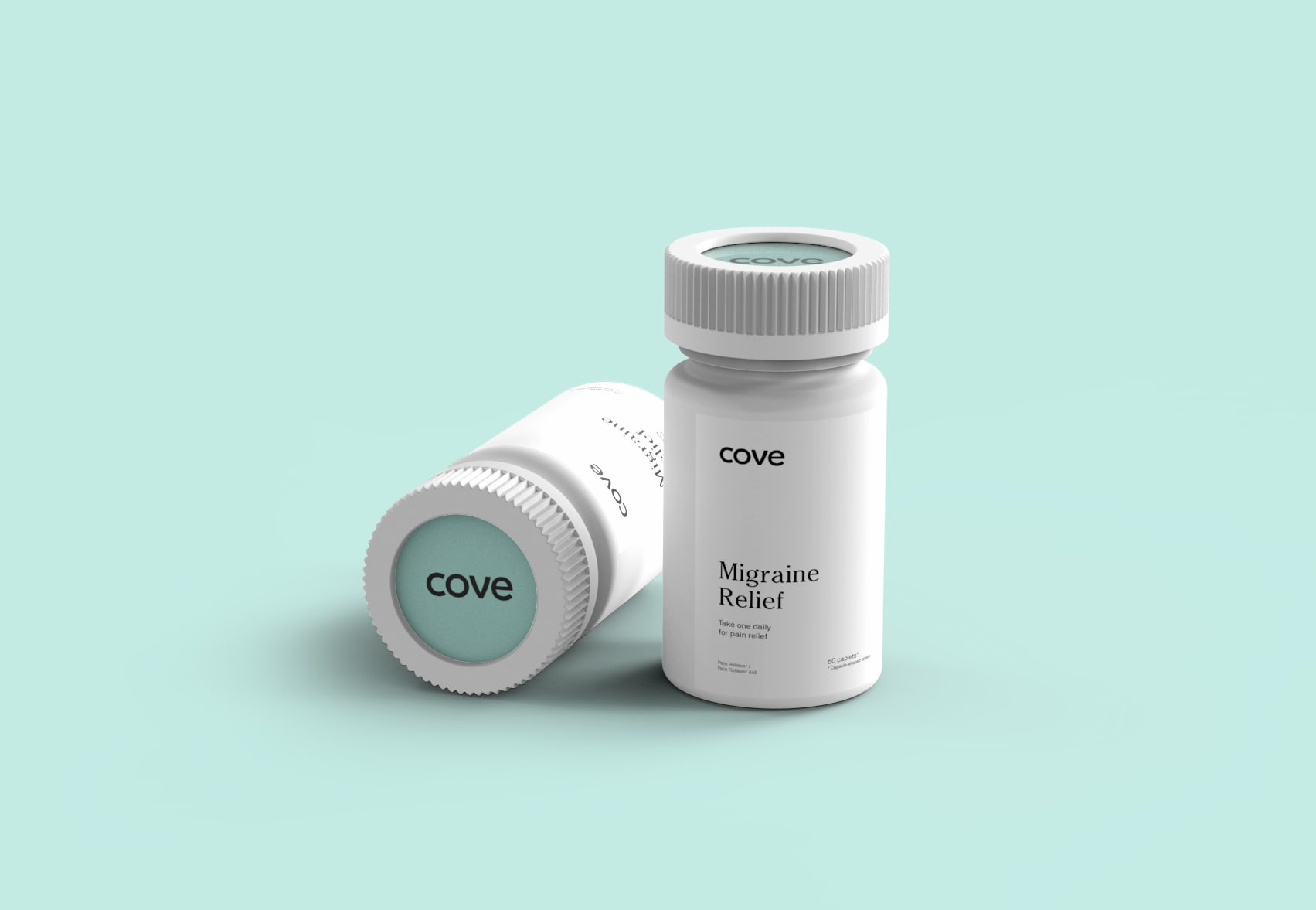When you suffer from migraine, you know that an attack is more than just a really, really bad headache. (But did we mention that the headache is bad?) Even if you have a solid treatment regimen for relieving head pain, it can be tough to find effective strategies for dealing with everything else that an attack means for you.
That’s why this Migraine and Headache Awareness Month, we’re rounding up the best tips from the Cove community for handling nausea, dizziness, and all the other frustrating symptoms that come along with migraine.
Nausea
“Cayenne pepper works for nausea if I catch it in time. I put one teaspoon into a cup of hot water and add a sweetener. If that doesn’t work, I use an anti-nausea medication.” - Melody H.
Not into cayenne pepper? Check out our guide to natural remedies for migraine nausea. When that’s not strong enough, consider a prescription anti-nausea medication.
Muscle tightness
“My neck and shoulders get super tight. I use Tiger Balm and Blu Emu to combat the tightness. Just smelling the Tiger Balm can also help ease my nausea.” - Katie S.
The strong smell that’s a plus for Katie can be a real turn-off for some migraine sufferers. If that’s the case for you, you can try soothing tight muscles with yoga or acupressure, a needle-free variation of acupuncture.
Dizziness
This common migraine side effect can be especially tricky to treat, so we’ll pass the mic to Cove Medical Director Dr. Sara Crystal this time:
“Sea-Bands, which provide acupressure to the wrist, may help with dizziness,” Dr. Crystal says. “As far as medication, meclizine (a.k.a. Antivert) can be helpful, but it causes drowsiness. Magnesium can actually help prevent dizziness.”
“Often, treating the attack with migraine-specific acute treatments can relieve associated symptoms, like dizziness, in addition to head pain,” Dr. Crystal adds. That goes for almost every troublesome symptom that comes along with your headaches, so be sure to study up on your acute treatment options, such as NSAIDs, triptans, and anti-CGRP medications.
Hopefully you’ve picked up a few useful pointers that’ll make your next attack just a little bit less miserable. We don’t have to tell you that the best advice for dealing with migraine comes from other sufferers, so join the Cove community on Facebook, Instagram, or Twitter (or all three!) for more top tips.
The information provided in this article is not a substitute for professional medical advice, diagnosis, or treatment. You should not rely upon the content provided in this article for specific medical advice. If you have any questions or concerns, please talk to your doctor.
Photo by Ray Kang via Death to Stock


